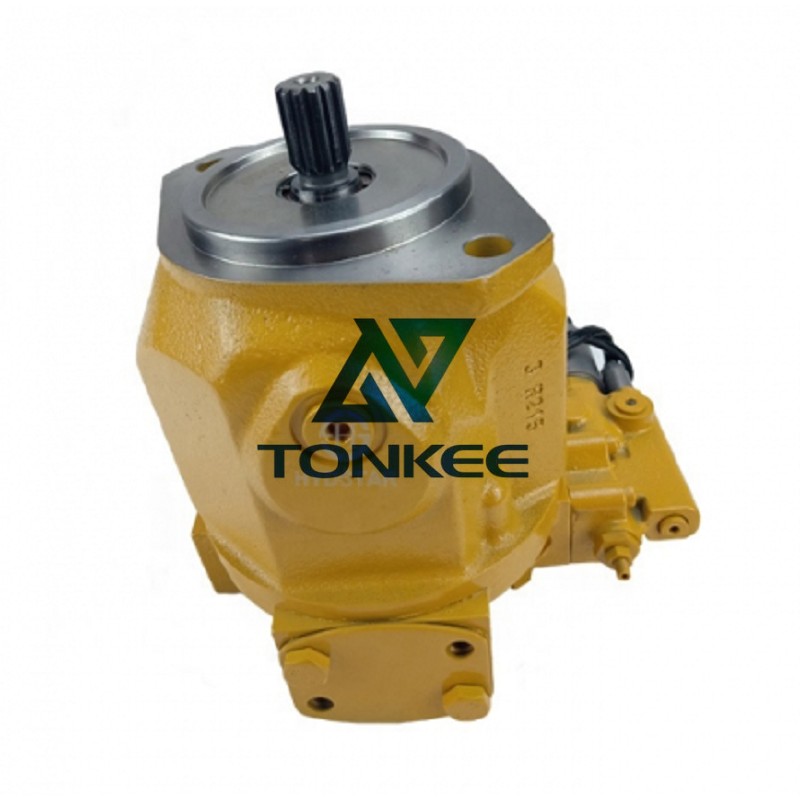
Working Principle: A piston pump operates on the principle of reciprocating motion.
It uses a piston that moves back and forth within a cylinder to draw in and expel fluid. When the piston moves in one direction, it creates a vacuum that draws the fluid into the cylinder. When the piston moves in the opposite direction, it pressurizes the fluid, pushing it out through an outlet.
Materials and Construction: Piston pumps are commonly constructed from durable materials such as stainless steel, cast iron, or various plastics, depending on the application. These materials are chosen to ensure corrosion resistance and longevity.
Piston Types: Piston pumps can feature single or double-acting pistons. Single-acting pistons operate in one direction, while double-acting pistons push and pull the fluid in both directions, increasing efficiency.
Sealing Mechanisms: Piston pumps typically use sealing mechanisms such as piston rings or packing glands to prevent fluid from leaking past the piston. These seals ensure a tight and efficient operation.
Flow Rate: The flow rate of a piston pump can vary widely depending on the size and design. These pumps can deliver a wide range of flow rates, from small units suitable for laboratory applications to large industrial pumps capable of handling significant volumes of fluid.
Pressure Range: Piston pumps are capable of generating high pressures, making them suitable for applications that require substantial pressure, such as hydraulic systems or high-pressure cleaning.
Viscosity Range: Piston pumps can handle a broad range of fluid viscosities, from thin liquids like water to highly viscous substances like molasses or even pastes, making them versatile for many industries.
Accuracy and Precision: Piston pumps are known for their precision and accuracy in metering and dosing applications.
They can be used in situations where precise control of fluid volume is essential.
Versatility: These pumps are adaptable to a wide range of applications, including chemical processing, oil and gas, food and beverage, pharmaceuticals, and more. Their ability to handle different fluids and viscosities makes them versatile.
Maintenance: Piston pumps require regular maintenance to ensure continued performance. This includes replacing seals, lubricating moving parts, and inspecting for wear and tear.
Energy Efficiency: Piston pumps are energy-efficient due to their positive displacement design, which moves a fixed volume of fluid per stroke. This results in less energy waste compared to some other pump types.
Noise Level: Depending on the design and application, piston pumps can generate some noise, especially at high pressures and flow rates. Noise reduction measures may be necessary in noise-sensitive environments.
Safety: Proper safety precautions should be taken when working with piston pumps, especially at high pressures. Operators should be trained to handle these pumps safely.
Control Options: Many piston pumps can be integrated into automated systems and controlled electronically, allowing for precise control of flow rates and pressure.
Cost: The cost of a piston pump varies depending on its size, materials, and features. Smaller units may be affordable for smaller businesses, while larger, specialized pumps can be a significant investment.



 English
English Русский язык
Русский язык



